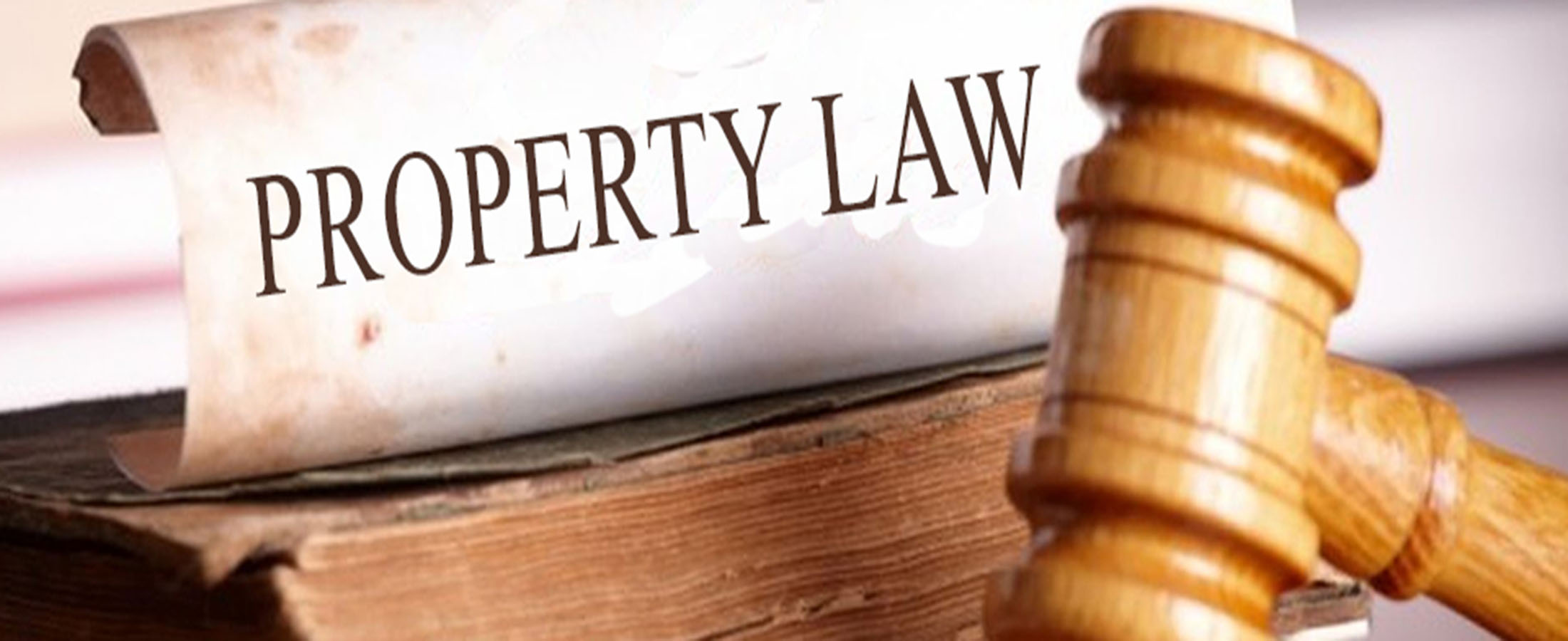Welcome to the Essential Guide to UK Home Buying, your go-to resource for understanding the intricacies of purchasing a property in the United Kingdom. Whether you’re a first-time homebuyer or looking to expand your real estate portfolio, this comprehensive article aims to equip you with the essential knowledge and insights necessary to navigate the UK’s property market with confidence.
Buying a home is a significant financial commitment, and the UK’s property landscape can often be complex, with various legalities, processes, and market trends to consider. Our objective is to demystify this journey by providing you with a clear and concise overview of the key aspects involved in the home buying process, ensuring you are well-informed throughout each step.
From understanding the different types of properties available across the country to unraveling the intricacies of mortgage options, we’ll delve into every area that warrants your attention. Our aim is to present you with a holistic view of the UK’s real estate landscape, empowering you to make informed decisions that align with your financial goals and lifestyle aspirations.
This guide will address commonly asked questions, debunk misconceptions, and highlight important factors to consider before embarking on your home buying journey. We’ll delve into the legal and financial aspects, exploring the roles of solicitors and surveyors, as well as discussing the intricacies of property valuation and negotiation.
Furthermore, we’ll take a closer look at the UK’s diverse property market, region by region, shedding light on the nuances of London, Scotland, Wales, and Northern Ireland, and the factors that influence property prices, supply and demand, and rental yields within these areas.
Purchasing a home is a major milestone, and by being well-informed and prepared, you can navigate the process with confidence and certainty, making choices that suit your budget, preferences, and future plans. Whether you’re venturing into the property market for the first time, or simply seeking to expand your knowledge on the subject, our Essential Guide to UK Home Buying is here to assist you every step of the way. So let’s begin this journey together and unlock the keys to your dream home in the United Kingdom.
Types of Property Ownership in the UK
When it comes to property ownership in the UK, there are several different types that individuals can choose from based on their needs, preferences, and financial situation. Each type of ownership has its own advantages and considerations. Let’s explore some of the most common types:
- Freehold: Freehold is the most straightforward and common type of property ownership in the UK. When you own a property freehold, you have full ownership of both the property and the land it sits on. This means you have full control over any alterations or modifications to the property and are responsible for its upkeep. It offers the highest level of ownership and control, but also entails the responsibility for all maintenance and repairs.
- Leasehold: Leasehold ownership is slightly different and is commonly associated with flats and apartments. In this type of ownership, you own the property for a fixed period under a lease agreement with the landlord or freeholder of the building. While you have the right to occupy the property, the freeholder retains ownership of the land. Leasehold ownership involves paying ground rent, service charges, and following certain rules set out in the lease agreement.
- Share of Freehold: A share of freehold is a unique type of property ownership where a group of leaseholders in a building collectively buy the freehold from the landlord. This means that each leaseholder becomes a joint owner of the freehold along with the others. This ownership structure offers more control over the management of the building and can be beneficial when it comes to making decisions about repairs and maintenance.
- Commonhold: Commonhold is a relatively new type of property ownership introduced in 2004. It applies mostly to residential properties, such as purpose-built flats or apartments. In this form of ownership, each individual owns their unit (known as a “unit-holder”) and also has a share of the common parts of the building, such as corridors and gardens. The unit-holders form an association to manage and maintain the common parts, giving them more control over the maintenance and future of the building.
Considering the type of property ownership is crucial when purchasing a property in the UK. Each has its own pros and cons, so it’s essential to carefully evaluate your needs and circumstances before making a decision.

Understanding the Home Buying Process in the UK
Buying a home is an exciting and significant milestone in anyone’s life. However, the home buying process can sometimes feel overwhelming, especially if you are a first-time buyer in the UK. To help you navigate through this journey with confidence, we have put together a comprehensive guide to .
Step 1: Assess Your Financial Position
Before diving into the home buying process, it is crucial to assess your financial position. This step involves evaluating your income, savings, and existing debt to determine how much you can afford to spend on a property. Consider reaching out to a mortgage advisor who can help you understand the types of mortgages available and how much you may be able to borrow.
During this stage, it is also essential to save for a deposit, as most lenders require a specific percentage of the property’s value upfront. Building a good credit score will further enhance your chances of securing a mortgage at favorable rates.
Step 2: Property Search
Once you have a clear understanding of your financial situation, it’s time to embark on the property search. Start by outlining your requirements and preferences in terms of location, property type, size, and amenities. Utilize online property portals, attend open viewings, and consider engaging with local estate agents to access a wide range of properties fitting your criteria.
During the property search, carefully review property listings, compare prices, and consider conducting multiple viewings. Don’t hesitate to ask questions regarding the property’s condition, age, any ongoing fees, and the neighborhood.
Step 3: Making an Offer and Exchange of Contracts
Once you have found your dream home, it’s time to make an offer to the seller. This offer is usually made through your estate agent. If the seller accepts your offer, congratulations! The next step involves engaging a solicitor or conveyancer who will handle the legal aspects of the home buying process.
Throughout the legal process, which includes property surveys, searches, and negotiations, your solicitor will ensure all necessary documents are in order before proceeding to the exchange of contracts. Once contracts are exchanged and a completion date established, both parties are legally bound to the transaction, and you can start preparing for the final step, moving into your new home!

Factors to Consider Before Buying a Home in the UK
When it comes to purchasing a home in the UK, there are several important factors that potential buyers should take into consideration. By thoroughly assessing these aspects, you can ensure that your investment aligns with your needs and preferences. Here are some key points to keep in mind:
- Location: The location of the property is crucial when buying a home. Consider the proximity to essential amenities such as schools, healthcare facilities, supermarkets, and public transportation. Additionally, think about the neighborhood’s safety, noise levels, and the overall ambiance.
- Property Size: Determine the size of the property that suits your requirements. Are you looking for a cozy apartment or a spacious family house? Take into account the number of bedrooms, bathrooms, living areas, and storage spaces available.
- Budget: Establishing a budget is essential before embarking on the home-buying journey. Consider not only the purchase price but also other financial aspects such as property taxes, monthly mortgage payments, and potential renovation costs.
- Condition of the Property: Assess the condition of the property you intend to buy. Take note of any repairs or renovations that may be required and factor in the costs. A thorough inspection can help identify any red flags and avoid unexpected expenses in the future.
Remember that buying a home is a significant decision, so it’s crucial to approach it with careful consideration. Take the time to research and evaluate these factors, consulting with experts if needed, to make an informed choice that fulfills your housing dreams in the UK.

Essential Documents and Legalities for Buying a Property in the UK
When purchasing a property in the UK, it’s crucial to be aware of the essential documents and legalities involved to ensure a smooth and hassle-free process. Here is a comprehensive list of the key documents and legal requirements that buyers should keep in mind:
- Proof of Identity: Buyers must provide proof of identification, such as a valid passport or driving license, to establish their identity and adhere to anti-money laundering regulations.
- Proof of Address: A recent utility bill or bank statement is required to confirm the buyer’s current address.
- Mortgage Agreement: If financing the property through a mortgage, the buyer needs to provide the mortgage agreement as proof of funds.
- Property Title Deeds: These legal documents verify the ownership and boundaries of the property. It’s vital to thoroughly review them to ensure a clear title.
Additionally, buyers should be aware of the legalities involved in the property purchase process:
- Conveyancing: Engaging a solicitor or conveyancer is essential to handle all legal aspects of the transaction, including searches, contracts, and ensuring all legal requirements are met.
- Survey Reports: Commissioning a property survey is advisable to identify any potential issues or structural problems before buying.
- Stamp Duty Land Tax (SDLT): Buyers must be aware of the applicable SDLT rates and ensure payment is made within the required timeframe to avoid any penalties.
- Exchange of Contracts: This is a critical legal step where the buyer and seller exchange signed contracts, and a non-refundable deposit is paid.
It’s important for buyers to engage with professionals, such as solicitors or conveyancers, who specialize in property law to guide them through the legal process and ensure compliance with all necessary legalities for a successful property acquisition.

Finding the Right Location for Your UK Home Purchase
When it comes to purchasing a new home in the UK, finding the perfect location is key. With so many beautiful towns and cities to choose from, it’s important to consider various factors to ensure you make the right decision for you and your family. Here are a few things to keep in mind while searching for the ideal location:
- Proximity to Amenities: Consider how close you want to be to amenities such as schools, hospitals, grocery stores, and recreational facilities. Think about your lifestyle and what conveniences are essential for you.
- Transportation Links: Access to reliable transportation is crucial. Whether you prefer to drive or use public transport, ensure that the location you choose has good connectivity to major roads, train stations, and bus routes for easy commuting.
- Neighborhood Safety: Research the crime rates in the area you are considering. Look for neighborhoods with low crime rates, good lighting, and a strong community presence. Your safety and peace of mind should be a top priority.
- Future Development: Consider the future development plans for the area. Are there any proposed infrastructure projects or upcoming commercial developments nearby? This information can help you gauge the potential growth and value of your property over time.
Remember that is a personal decision. Take the time to explore different areas, visit open houses, and engage with local residents to get a better feel for the community. With thorough research and consideration of your specific needs, you’ll be well on your way to finding the perfect location to call home.

Choosing the Right Mortgage for Your UK Home Buying Journey
When embarking on your UK home buying journey, it’s essential to choose the right mortgage that suits your needs and financial situation. With numerous options available, understanding the different types of mortgages can help you make an informed decision. Here, we’ve outlined key factors to consider before finalizing your choice:
- Loan Types: It’s important to be aware of the different mortgage options available in the UK. Whether you opt for a fixed-rate mortgage, tracker mortgage, or adjustable-rate mortgage, each type comes with its own advantages and drawbacks. Evaluate your preferences and financial goals to select the most suitable option.
- Interest Rates: Determining the interest rate associated with your mortgage is crucial as it directly affects your monthly repayments. While fixed-rate mortgages provide stability by keeping your interest rate constant throughout the term, variable-rate mortgages may offer flexibility with rates that can fluctuate.
- Loan Term: Consider the length of time you wish to commit to your mortgage. Shorter loan terms often come with higher monthly payments but result in substantial interest savings over time. Longer terms, on the other hand, offer more manageable payments but generally accrue more interest.
- Deposit Size: The amount of deposit you can afford plays a significant role in securing a mortgage and can impact the interest rate offered to you. A larger deposit typically leads to lower monthly payments and a wider selection of lenders, while a smaller deposit may require additional insurance or result in higher interest rates.
Before finalizing your mortgage choice, be sure to consult with a mortgage advisor to obtain expert guidance tailored to your specific circumstances. They can analyze your financial situation, provide personalized advice, and help you find the perfect mortgage for your UK home buying journey.
Future Outlook
In conclusion, navigating the UK home buying process can be complex, but armed with the essential information provided in this guide, you are better equipped to make informed decisions and navigate through the intricacies of purchasing a property in the UK.
From understanding the different types of properties available, such as freehold and leasehold, to familiarizing yourself with the steps involved in the buying process, including finding a suitable mortgage and hiring a solicitor, this guide has aimed to provide you with a comprehensive overview.
The importance of conducting thorough research cannot be overstated. By carefully assessing your budget, location preferences, and desired features, you can make well-informed choices that align with your needs and financial capabilities.
It is also crucial to remain vigilant during the property viewings and negotiation stages, ensuring that you carefully inspect the property, consider potential renovation or maintenance costs, and engage in effective communication with estate agents and sellers.
Additionally, with the constant evolution and changes in property laws and regulations, staying well-informed and seeking expert advice remains pivotal. Consulting professionals, such as mortgage advisers and solicitors, can help streamline the buying process and provide peace of mind during this significant transaction.
Remember, home buying should be an exciting milestone, not an overwhelming one. By utilizing the knowledge gained from this guide, you are empowered to embark on your UK property journey confidently.
While this guide offers key insights and guidance, individual circumstances may differ, and seeking personalized advice is always advisable. With a well-rounded approach and a clear understanding of the processes involved, you are on your way to finding your dream home within the dynamic landscape of the UK property market.





